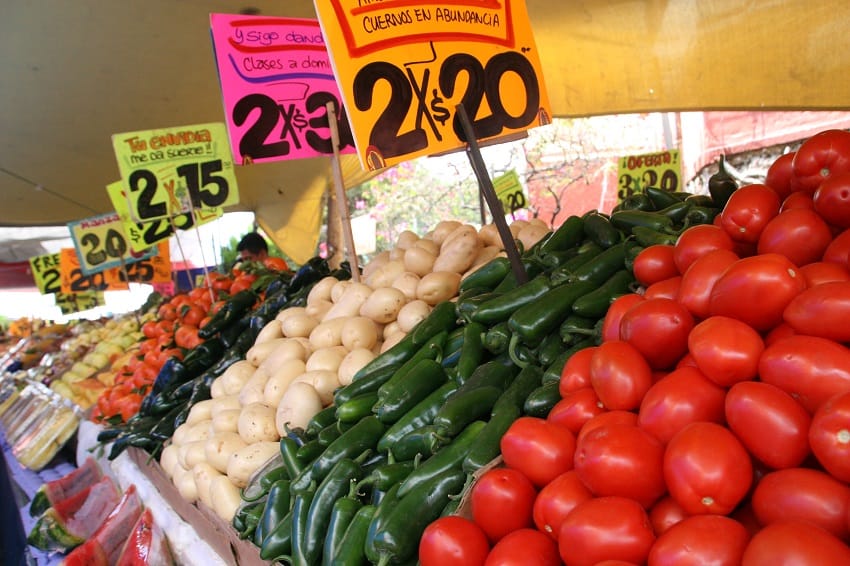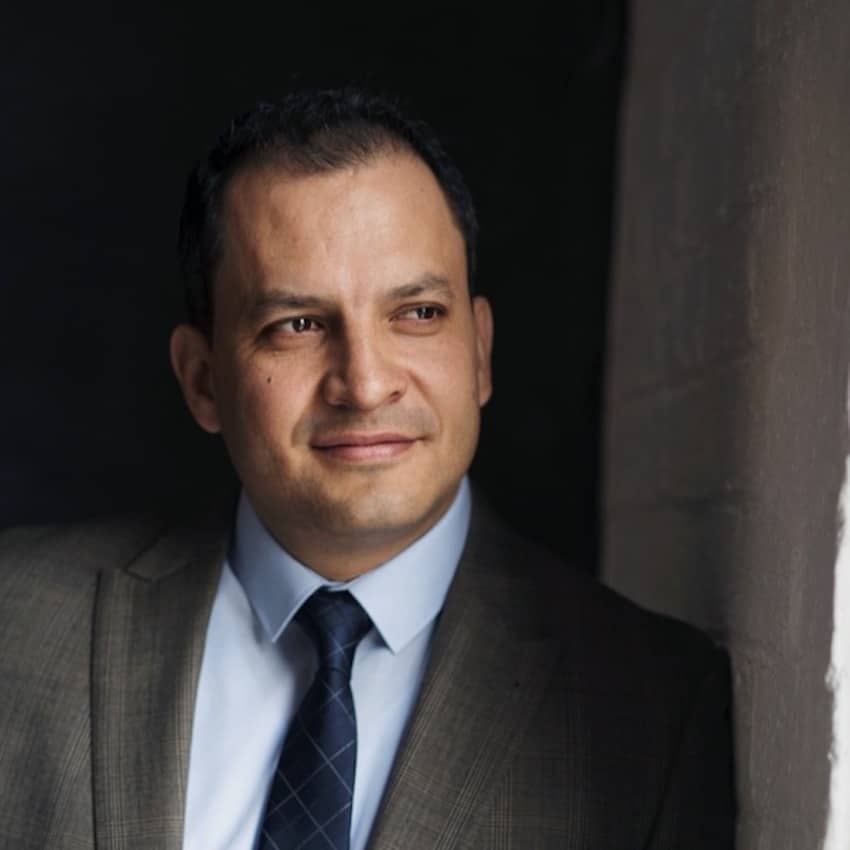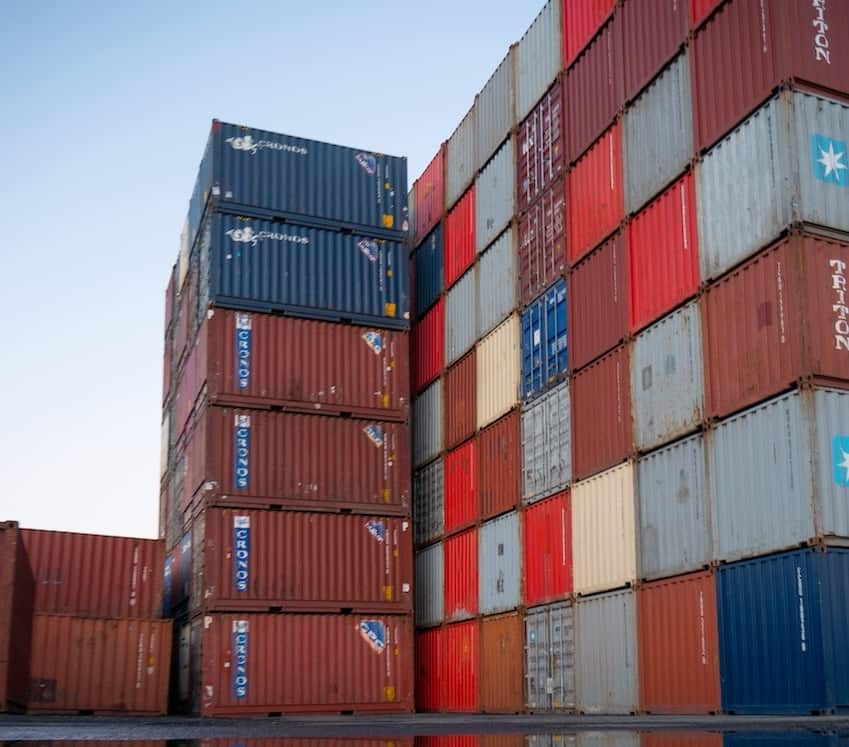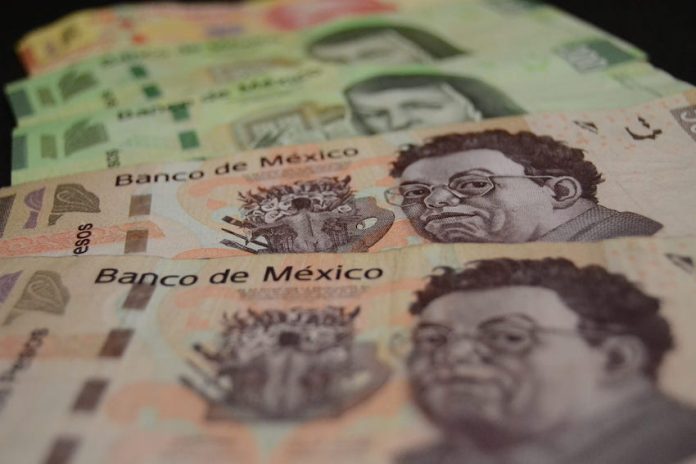Mexico’s annual headline inflation rate slowed to 5.06% in June, its lowest level since March 2021, according to data from the national statistics agency INEGI.
The rate declined for a fifth consecutive month in June, and has now fallen 2.85 percentage points from the 7.91% reading in January. The annual rate in May was 5.84%.

The 5.06% rate for June is slightly above a 5.04% consensus forecast of analysts surveyed by Citibanamex.
Despite the recent string of declines, headline inflation remains above the central bank’s target of 3%, with tolerance for one percentage point in either direction.
On a month-over-month basis, the National Consumer Price Index, which measures headline inflation, increased 0.10%, INEGI said.
The annual core inflation rate, which excludes volatile food and energy prices, was 6.89% in June, down from 8.45% in January and 7.39% in May. It was the first time since March 2022 that core inflation was below 7%. On a month-over-month basis, the rate increased 0.30%.

Andrés Abadia, chief of Latin America at Pantheon Macroeconomics, said that “the delayed effect of tighter financial conditions, lower prices for raw materials and the impressive performance of the Mexican peso in recent months” all contributed to lower annual inflation in June.
The Bank of Mexico raised its benchmark interest rate to a record high of 11.25% in March, and left it at that level following monetary policy meetings in May and June. Meanwhile, the Mexican peso has appreciated significantly this year and reached its best position against the dollar in almost eight years on Wednesday before weakening slightly on Thursday.
The strength of the peso has boosted consumption of imported goods, the bank Banco Base said in a recent report, but inflation is still placing pressure on the budgets of millions of Mexicans.
INEGI data showed that prices for processed food, beverages and tobacco were 10.49% higher in June than a year earlier, while non-food goods were 5.7% more expensive and services were 5.25% dearer.
Meat prices increased by 2.05% on an annual basis — down from 5.9% in May — while fruit and vegetables were 3.98% more expensive, a slight increase compared to the previous month.
Energy prices, including those for gasoline and electricity, helped drive inflation down in June, falling 3.08% on an annual basis.

Gabriela Siller, director of economic analysis at Banco Base, noted on Twitter that the annual inflation rate for processed food has been above 10% for 11 months. The 10.49% rate recorded in June is “one of the reasons why inflation in Mexico still feels very high,” she wrote.
The Bank of Mexico is currently forecasting that annual headline inflation will fall to 4.6% in the final quarter of 2023, and continue declining throughout next year to reach 3.1% in Q4 of 2024.
With reports from El Financiero and El Economista
